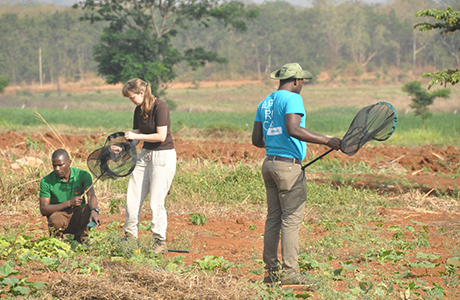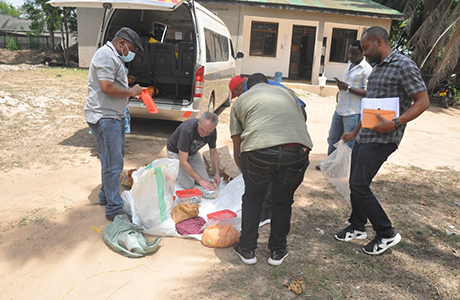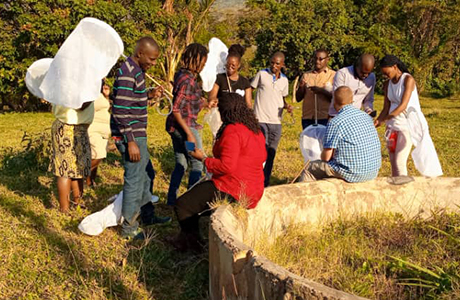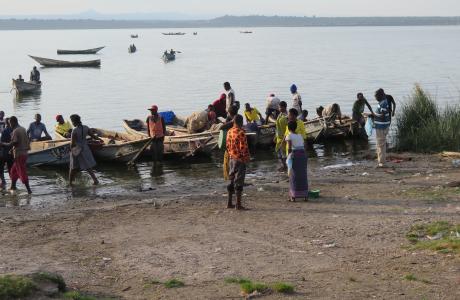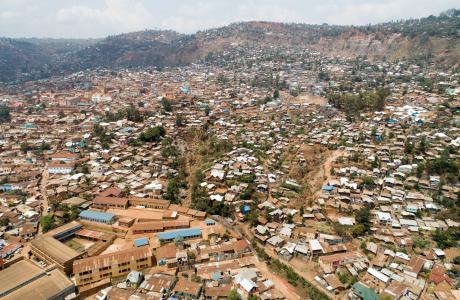The quest for sustainable farming methods: agroecology in Tanzania
Providing an environmentally sustainable and fair food system. This is the general objective of agroecological farming. The AfricaMuseum, in collaboration with African and Belgian partners, is currently coordinating two research projects to measure the environmental and economic performance of agroecological agriculture compared to conventional, pesticide-based agriculture.
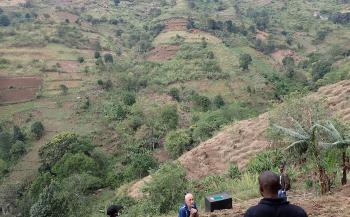
Experimental agroecological fields in the Morogoro area, Tanzania. © RMCA
A food system in which ‘no one is left behind’
Agroecology is an integrated agricultural approach that simultaneously applies ecological and social principles to the management of food and farming systems. It seeks to optimize the interactions between plants, animals, humans and the environment. The goal is to create an environmentally sustainable and fair food system in which ‘no one is left behind’. The holistic vision thus includes soil and animal health, recycling, biodiversity and local participation in land and natural resource governance.
Cost-benefit analysis
But how well does agroecological agriculture perform, both environmentally and economically, compared to conventional agriculture using pesticides?
To carry out a comprehensive cost-benefit analysis of the agroecological farming method, the AfricaMuseum is currently coordinating two research projects in collaboration with African and Belgian partners (the Sokoine University of Agriculture in Tanzania, the Eduardo Mondlane University in Mozambique, and the Université Libre de Bruxelles and the Royal Belgian Insitute of Natural Sciences in Brussels).
The research of the team (including five PhD students – 3 African, 2 Belgian – and several African MSc students) relies on a large experimental setup in the Morogoro area in Tanzania. These experimental fields were established by the Sokoine University of Agriculture with the support of small cucurbit growers and the NGO Sustainable Agroecology Tanzania.
Pollinators and pests
To quantify differences between agroecological and conventional farming, the researchers are monitoring two performance indicators: the diversity of insect pollinators (flower flies or hoverflies, and bees) and agricultural pests (frugivorous fruit flies). Both have markedly different effects on fruit and vegetable crops: a high species and genetic diversity of pollinators is beneficial, whereas pest species can cause severe damage.
For their analysis, the researchers will rely on genomics. The field surveys which are being organized in East Africa are also providing useful information about spread of important African fruit fly pests.
The projects ISeBAF and AGROVEG (2021-2024) are respectively supported by BELSPO and by the Directorate-general Development Cooperation.
